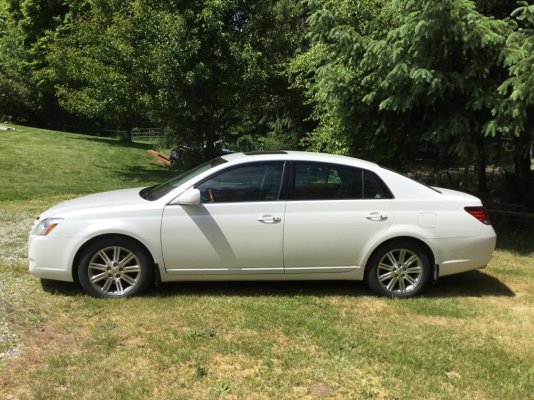Just a few comments about oil, coming from a non-expert:
Multi-viscosity oil is mainly the thinner (winter) grade with additives that can be a significant portion of the total - like 15%. The additive causes the hydrocarbon chains to connect at higher temperatures, making the viscosity go up compared to what it would have been without the additive. Problem is that the SAE test used is more like dripping through an orifice than running in a bearing. The SAE specification gives a range of viscosity when hot (200 degrees? I forgot). When a W is added behind the number the specification is a maximum viscosity at a cold temperature (32 degrees? I forgot). The W stands for Winter, or a low-temperature specification, not "Weight." The connections made are relatively weak and tend to shear at the high shear rates in a bearing. So a 15W-40 oil may act during cold cranking like a 15W oil, but doesn't behave like a 40 oil when hot. By the way, I don't think there is a 40W specification. Bottom line: If the manufacturer specified a 40 oil, don't make the mistake of thinking a 15W-40 oil is an equivalent. It's basically a 15W oil with additives. First, the "single-weight" oil is 100% oil, making it better than any so-called multiweight oil. For a diesel in a boat, if the engine cranks fast enough to start cold, the oil viscosity is okay. Finally, a "high-mileage" is one that has a (catalyst-damaging) Zinc additive, which helps with boundary lubrication. Oil sold as "diesel" oil already has the additive. Sorry about the long post. I hope there is a trace of knowledge in it.


